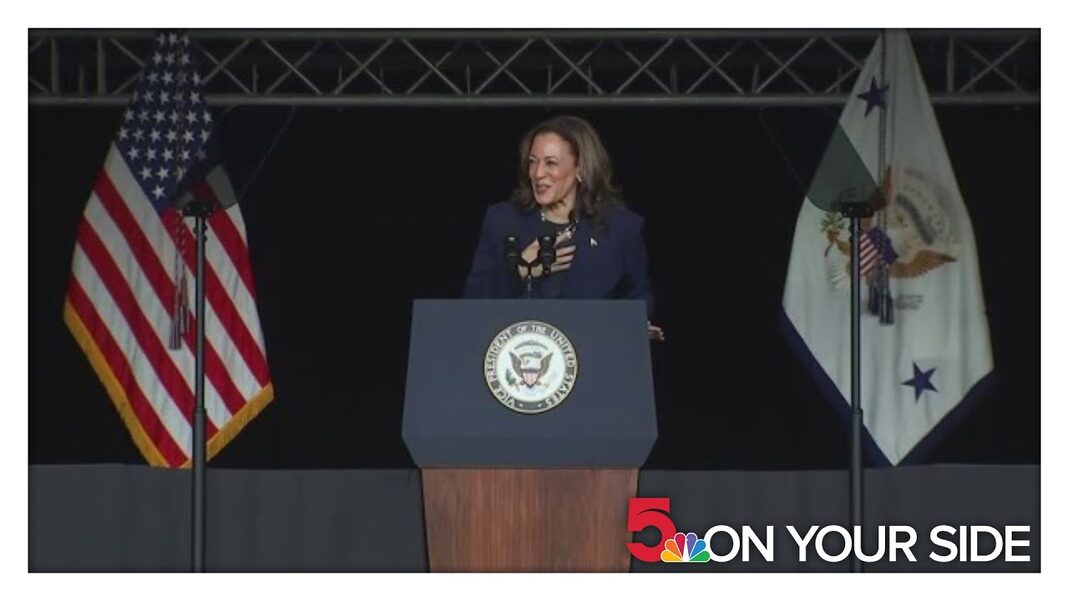‘Seniors should not pay tax on Social Security,’ the former president said, debuting the policy proposal for the first time.
Former President Donald Trump this week debuted the idea of seniors not having to pay taxes on their Social Security benefits, as he seeks to secure more voters with fewer than 100 days left before the November election.
“Seniors should not pay tax on Social Security,” the Republican presidential nominee wrote in an all-capitalized message on his Truth Social on Wednesday. That same day, he repeated that statement during a rally in Harrisburg, Pennsylvania, adding that “they won’t” pay such a tax if he is elected later this year.
“No tax on Social Security for seniors, no tax on tips,” he also wrote on Thursday evening on his social media site.
Taxes on Social Security payments date back to the early 1980s, when then-President Ronald Reagan signed a measure into law that was designed to ensure the solvency of the program’s trust fund.
According to the Social Security Administration website, some 40 percent of Americans who receive Social Security payments have to pay federal income taxes on those benefits. It notably occurs if the person has “other substantial income” on top of their monthly benefits, including wages as well as earnings from interest, dividends, self-employment, and other taxable income that has to be submitted to the IRS on their tax returns, according to the agency.
Under the current federal law, retired individuals who earn less than $25,000 per year, or $32,000 for married couples, pay no taxes on their Social Security payments.
If the amount goes higher than that, 50 percent of Social Security payments are subject to income tax under the law. The tax revenue then goes toward the Social Security retirement trust fund, according to the Committee for a Responsible Federal Budget, which describes itself as a nonpartisan nonprofit organization.
For seniors who earn more than $34,000 per year, or $44,000 for married couples, another 35 percent of benefits are taxable, according to the group. That revenue goes toward the Medicare Hospital Insurance trust fund.






